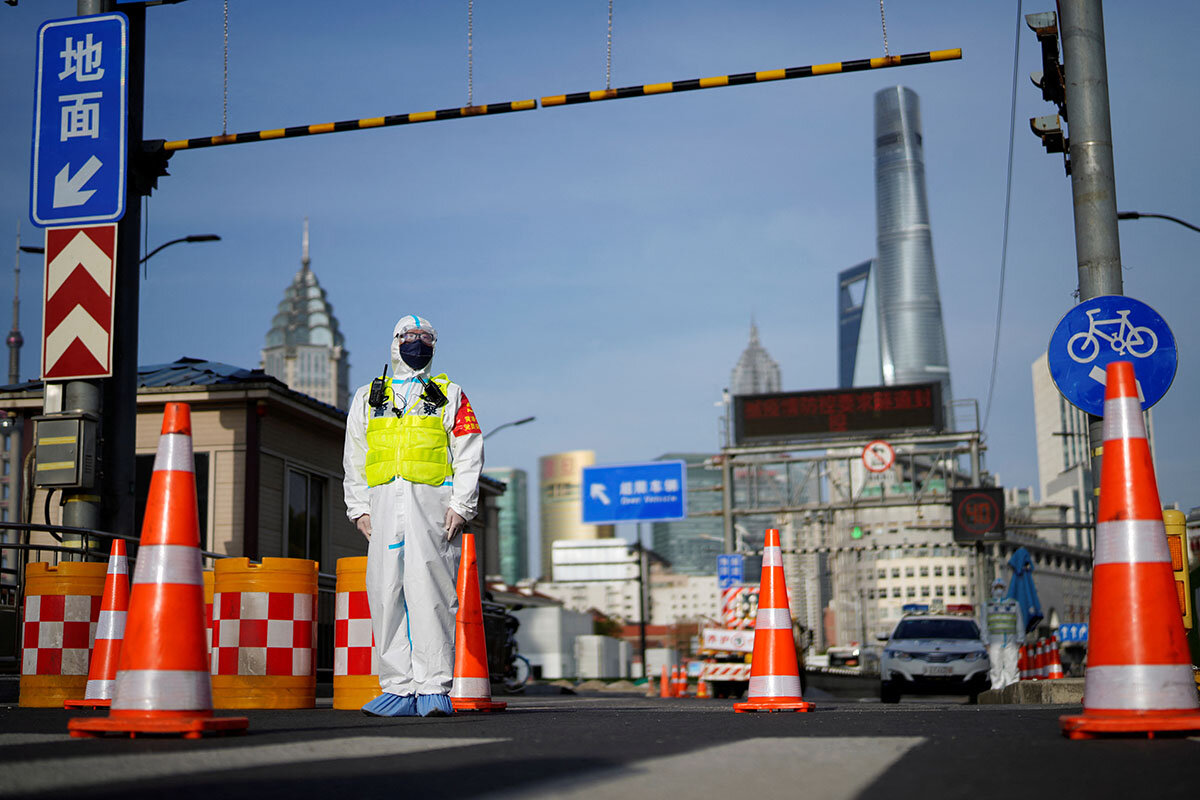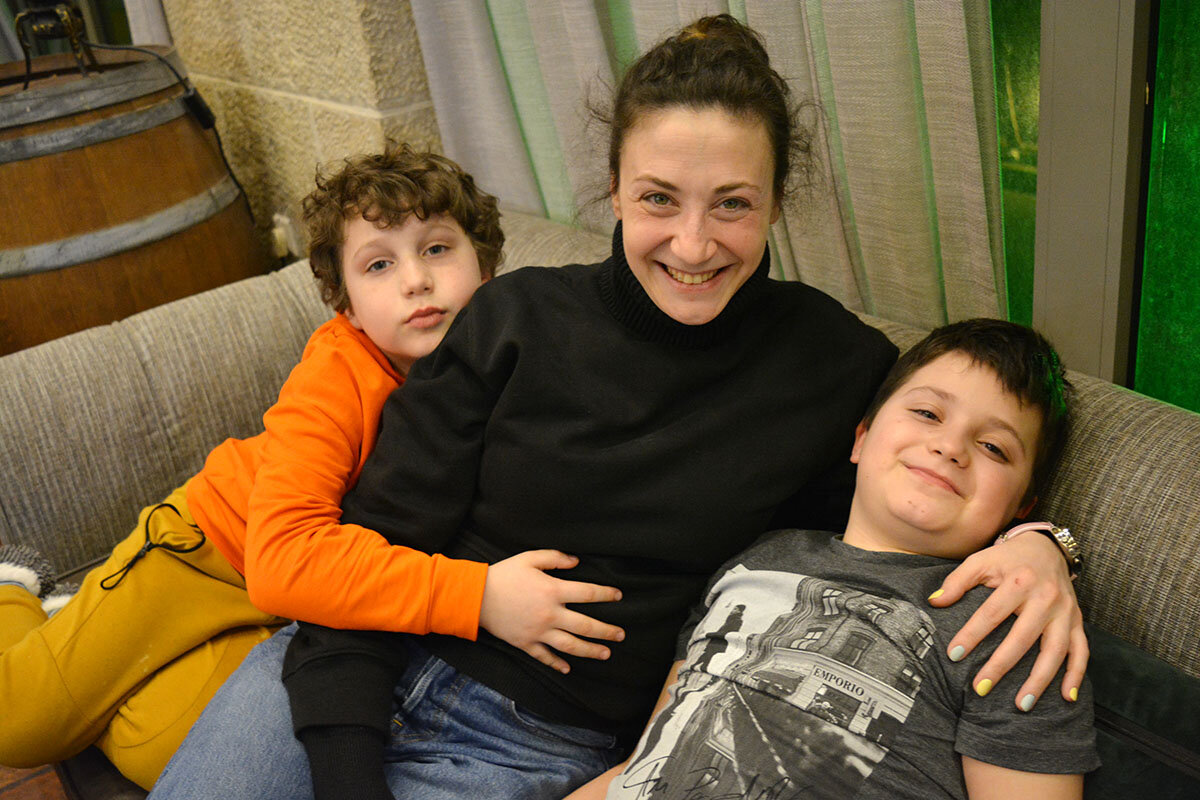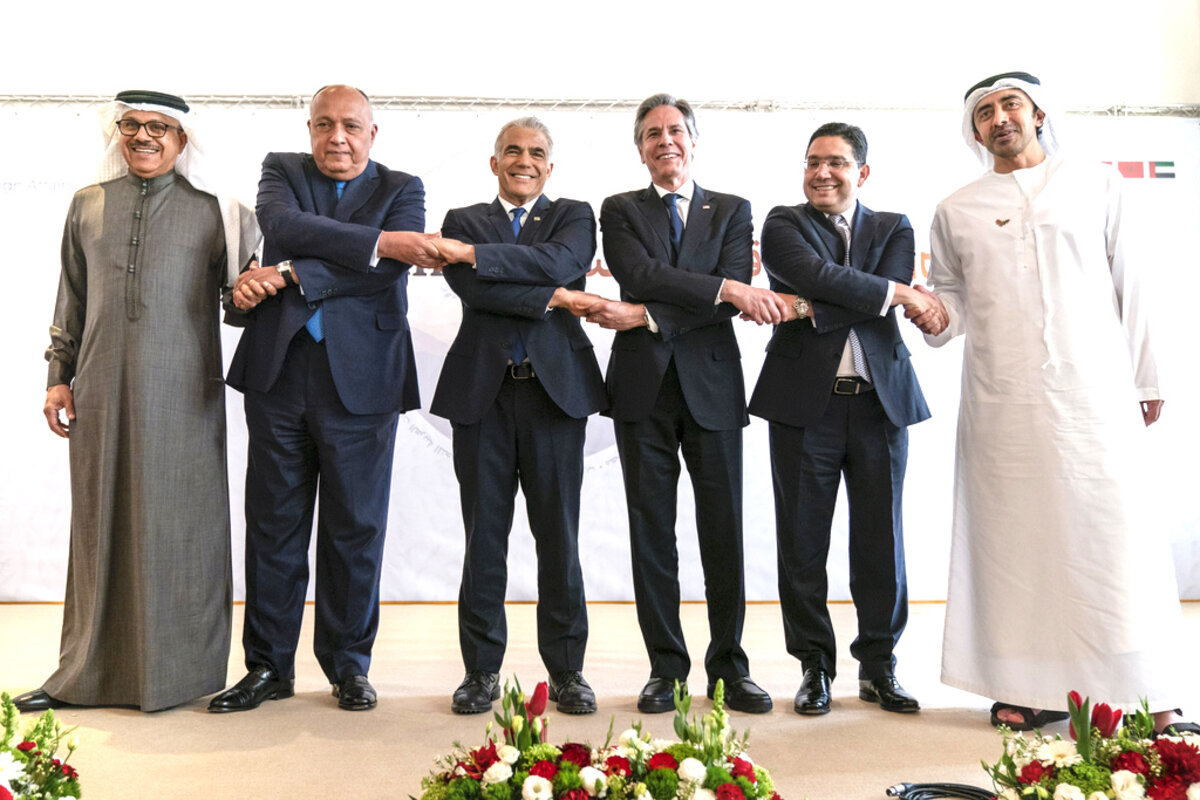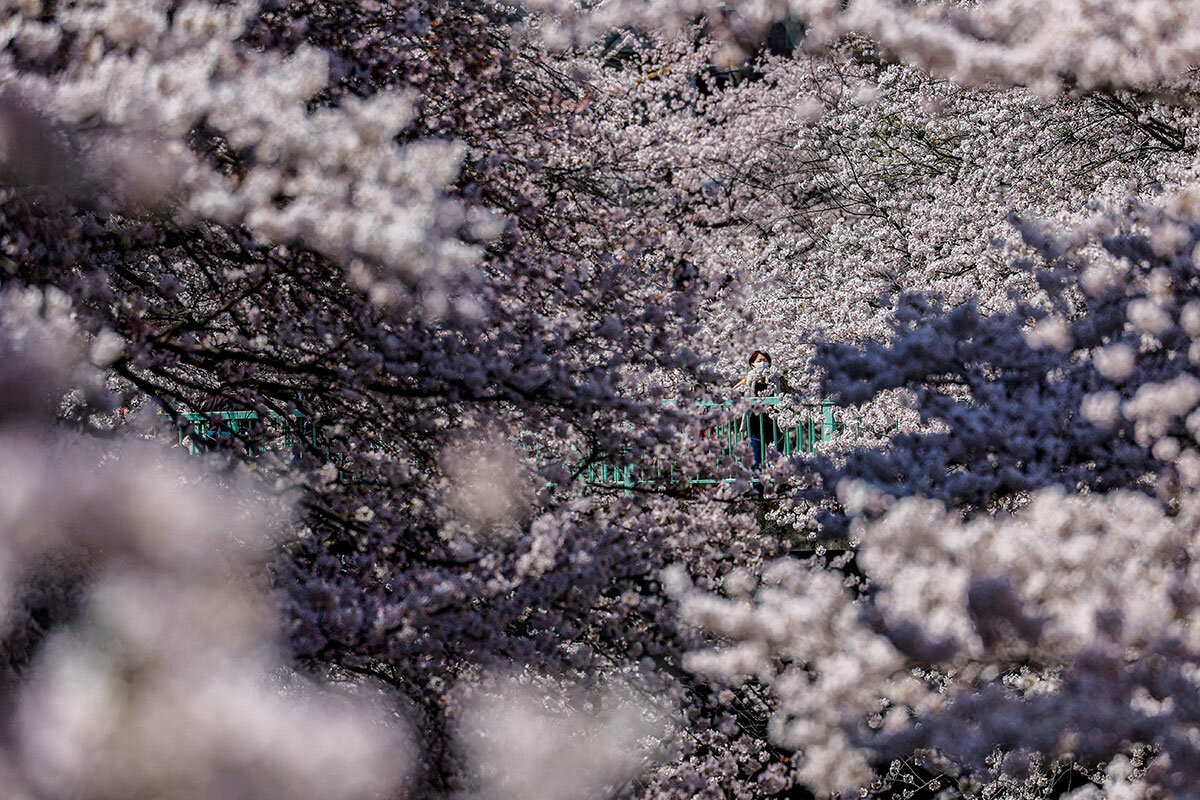To manage a growing coronavirus outbreak, Shanghai has swapped its more targeted COVID-19 strategy for a costly, citywide lockdown – China’s largest in years. Still, experts and residents wonder, is a more flexible approach possible?
Monitor Daily Podcast
- Follow us:
- Apple Podcasts
- Spotify
- RSS Feed
- Download
 Stephen Humphries
Stephen Humphries
Last night’s Academy Awards were, as we say in the news business, “a talker.” It should have been an evening centered on the academy’s efforts to represent minorities after previous ceremonies were labeled #OscarsSoWhite. Notable winners included the first deaf best supporting actor, best picture “CODA,” a breakout Latina star, and Will Smith, finally winning best actor.
But before he claimed his statue, Mr. Smith leaped on stage and assaulted presenter Chris Rock. “The slap heard around the world” was over a joke made at the expense of Mr. Smith’s wife, Jada Pinkett Smith, who has been diagnosed with alopecia. On Monday, the academy condemned Mr. Smith’s actions and launched an investigation.
During the Monitor’s daily editorial meeting, we tried to make sense of it all. Was this another example of how pandemic isolation has eroded civility in public venues such as restaurants, aircraft cabins, and even legislative chambers?
One editor remarked on the tenor of the humor, which didn’t even spare Dame Judi Dench. Even before Mr. Rock took to the stage, another host had joked about the Smiths’ marriage.
“In this business, you’ve got to be able to have people disrespecting you, and you’ve got to smile and pretend like that’s OK,” a tearful Mr. Smith said during his acceptance speech, which vacillated between self-righteousness and apology – but not to Mr. Rock.
One staff member wondered whether Mr. Smith’s actions were rooted in a so-called culture of honor. Or was it just plain old toxic masculinity? Others thought Ms. Pinkett Smith should have been given the opportunity to speak on her own behalf. (Still another commented that he was surprised by Mr. Rock picking on a woman of color over hair loss, because he produced a moving 2009 documentary about Black women’s hair.)
Perhaps it’s unwise to try to extrapolate greater meaning from one incident. What’s not in dispute: Mr. Smith’s uncontrolled anger tainted a celebratory ceremony.
Thankfully, Jessica Chastain uplifted the shaken audience. After winning best actress for “The Eyes of Tammy Faye,” her speech embraced the LGBTQ community and innocent victims of war. Her words about a model of personal conduct also seemed suited to the immediate circumstances.
“I think of Tammy and I’m inspired by her radical acts of love,” she said. “I see it as a guiding principle that leads us forward, and it connects us all in the desire that we want to be accepted for who we are, accepted for who we love, and to live a life without the fear of violence.”











